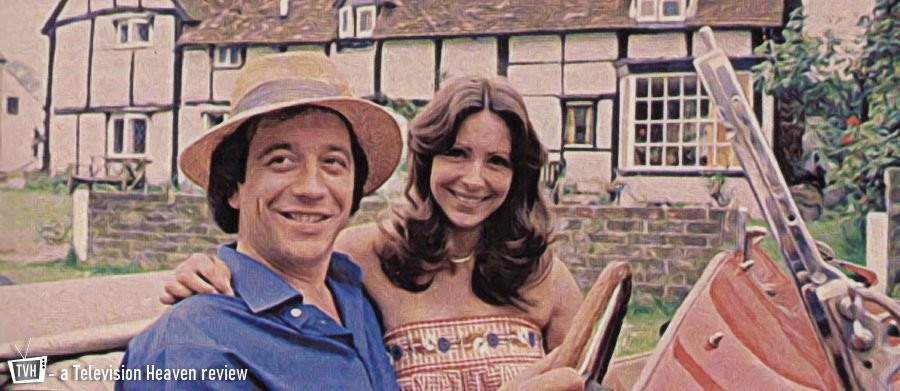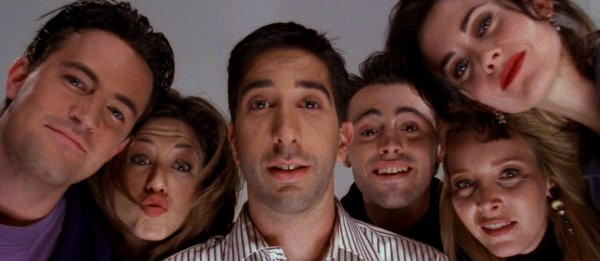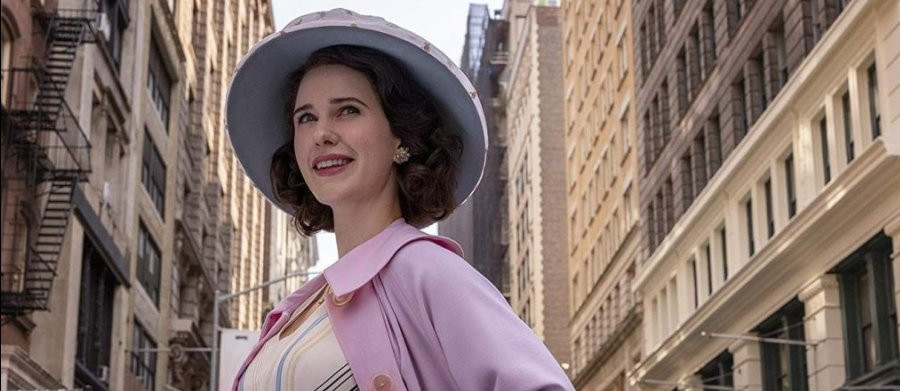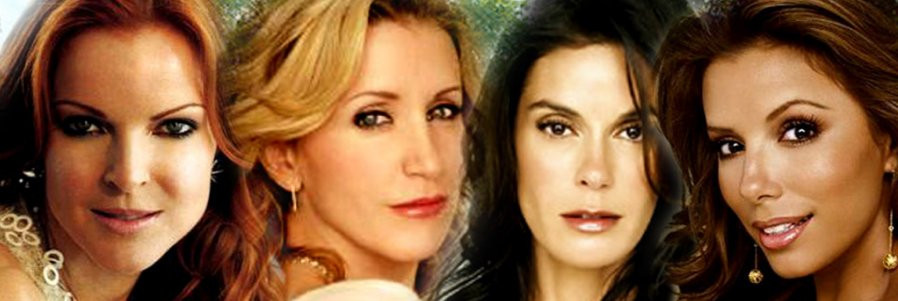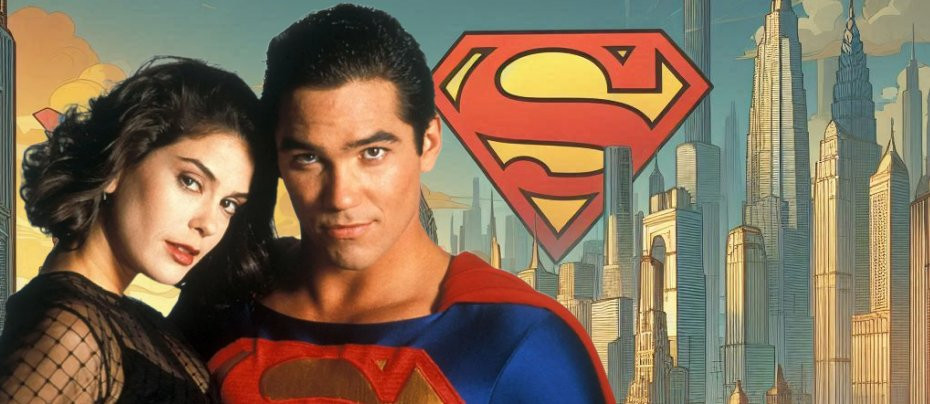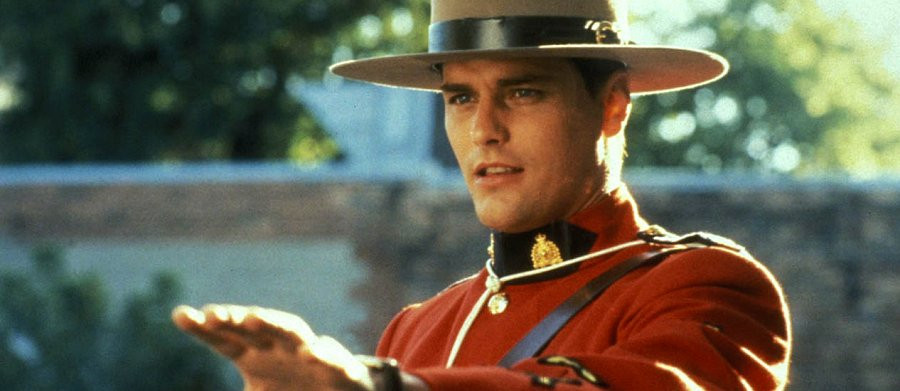
Due South
1994 - United StatesEpisodes of Due South ended with a severe disclaimer that Royal Canadian Mounted Police "personnel, protocol, and procedures portrayed in this program are entirely fictional and are employed for dramatic and entertainment purposes only." Just to be sure it goes on, "They do not necessarily represent the actual procedures, techniques, and methods employed by the RCMP."
This is the most serious thing about 'Due South' - or is it simply one more example of the show's unique style of humour, which relied on irony being delivered with a perfectly straight face?
After all, the Royal Canadian Mounted Police is a very serious organisation, one of the most modern and efficient law enforcement agencies in the world. Equivalent to the Federal Bureau of Investigation, it is involved with intelligence and counter-terrorism work at the highest level. Do we really need to be told that its 19,000 Mounties do not spend their time standing outside Consulates in full dress Review Order, complete with the famous Red Serge jacket, Sam Browne belt, and Montana crown campaign hat? Or, indeed, that they do not have their own sailing ship crewed by dozens of apprentice Mounties, also permanently in full Review Order?
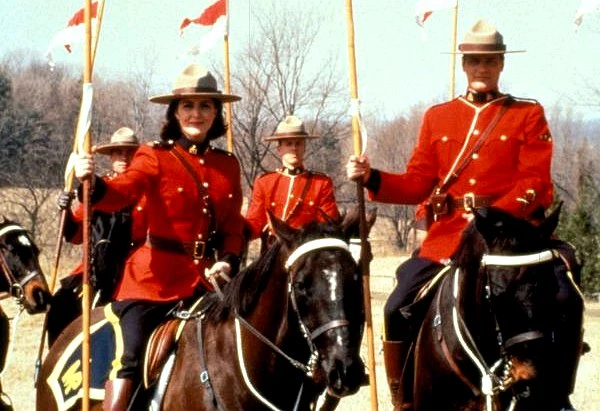
The mundane fact is that these days Mounties only wear Review Order on special occasions, notably when participating in the celebrated Musical Ride and on ceremonial duties in Ottawa. They are, however - from personal experience - every bit as polite as Constable Benton Fraser, fictional hero of Due South.
This is the basic joke in Due South.It really is a one-joke show, but it is a good joke and it is delivered perfectly. The stereotypes of Canadians in general, and Mounties in particular, always being courteous and helpful and calm in a crisis are taken to the extreme - and then to the absurd, and finally to the surreal. The Canadians are turned into the Vulcans of North America.
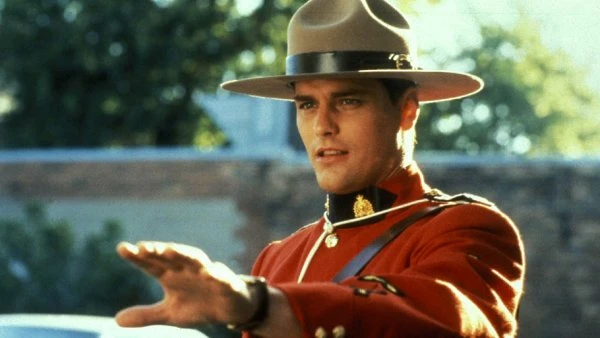
By making Fraser a fish out of water in Chicago, this stereotype is contrasted with the stereotype of Americans as brash and assertive and overly emotional. The contrast does not always work so well because - personal experience again - while there may be substance to the Canadian stereotype, the American one is at best an unfair generalisation and at worst plain wrong.
This failure is by no means the fault of Paul Gross, who plays Fraser, or David Marciano, as Detective Ray Vecchio, the principal representatives of the Canadian and American stereotypes.
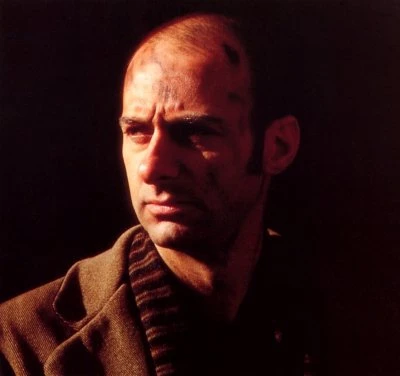
Fraser is an affectionate homage to - and satire of - the whole "Northern" or "Northwestern" sub-genre of Westerns that were set in Alaska or Canada. As often as not, the hero of the Northern was a tough, incorruptible, but kind hearted Mountie. Fraser is basically Sergeant Preston of the Yukon, Renfrew of the Royal Mounted, King of the Royal Mounted, Dudley Do-Right, and Nelson Eddy as Sergeant Bruce from 'Rose-Marie' all rolled into one.
Totally fearless and at home in the harshest conditions, he lives up to the Mountie legend of always getting his man.
He could be insufferable, but Gross pitches him just right, somewhere between Christopher Reeve's Superman and Adam West's Batman. Like them, he is extraordinarily handsome and seems to possess an encyclopaedic knowledge, and his attitude to Americans is the same as the former's to humanity in general - he is bemused by them but he is very fond of them and really wants to fit in with them.
Above all, he is not really a Vulcan - even if some of the other Canadian characters sometimes seem to be. We have frequent glimpses of feeling and some of the best episodes show him struggling, in the name of duty and good manners, to control emotions that evidently run deep.
Vecchio, by contrast, wears his emotions on his sleeve. He is the traditional honest but not headed detective who likes to play by his own rules and is not above cutting the odd corner. It is a tribute to the chemistry between the two actors that the unlikely friendship between Vecchio and the strictly by the book Fraser works surprisingly well.
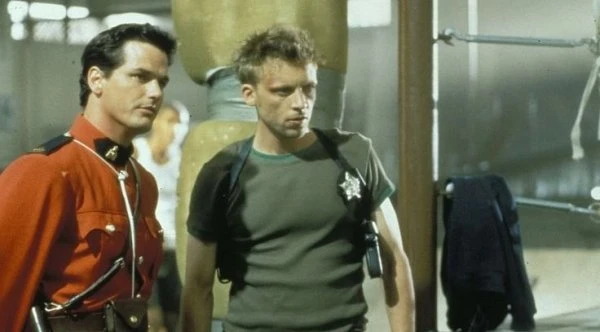
Marciano was unavailable for most of the last two seasons and was replaced - through a typically weird Due South plot device - by Callum Keith Rennie. Although Rennie did a fine job, creating an interesting character in his own right, something was lost.
In accordance with the tradition of the "Northern," Fraser, like Preston of the Yukon and Renfrew of the Royal Mounted, also had a canine sidekick - or, rather, in Fraser's case, a lupine sidekick. Diefenbaker, named after a Prime Minister of Canada from the 1950s, was a beautiful white wolf, prompting the thought that 'Due South' might be a surprise entry on the long list of influences on 'Game of Thrones.' We were told that Dief was deaf but could lip read bilingually.
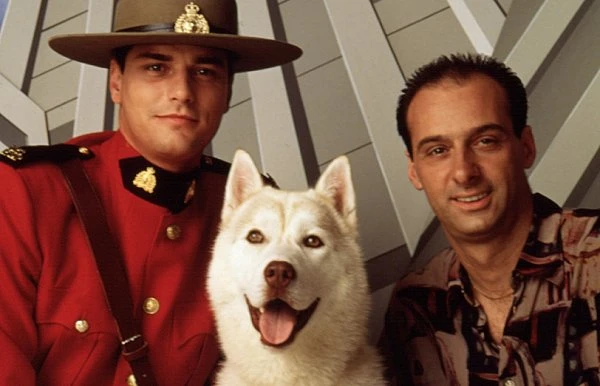
Among the guest cast, Leslie Nielsen stands out as a legendary Mountie. Indeed, Nielsen's ability to deliver the most absurd lines absolutely deadpan sums up the ethos of the whole show.
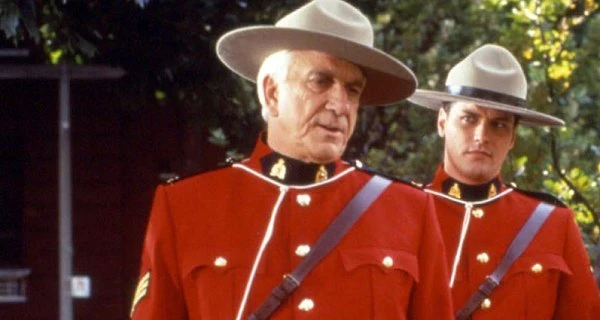
Although it was not a great commercial success, and struggled to put together the funding to be renewed for four seasons, Due South developed a loyal following and is unusually remembered very fondly by those who watched it. This is mainly because Due South is simply one of the most likeable shows ever made.
We would all be better people with Fraser and Dief as our friends, and it was great spending time in their company.
About the reviewer: John Winterson Richards
An experienced freelance writer as well as a consultant, John Winterson Richards has been commissioned and paid to write over 500 articles in print and online. He was a regular guest on the Mind Your Own Business podcasts and a major contributor to that website's blog.
He is the author of 'The Xenophobe's Guide to the Welsh' and the 'Bluffer's Guide to Small Business.'
Seen this show? How do you rate it?
Seen this show? How do you rate it?
Published on November 19th, 2019. Written by John Winterson Richards for Television Heaven.



